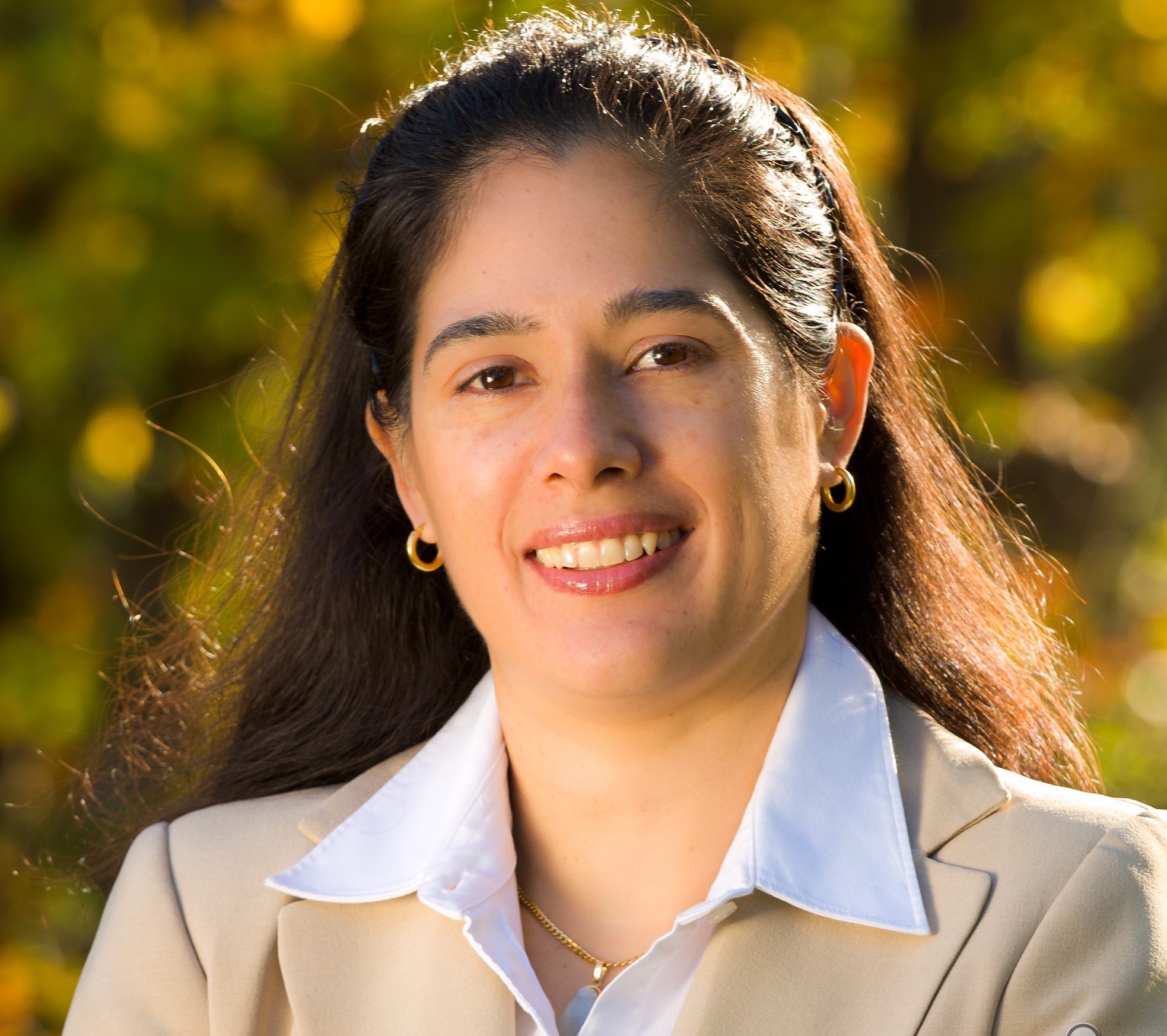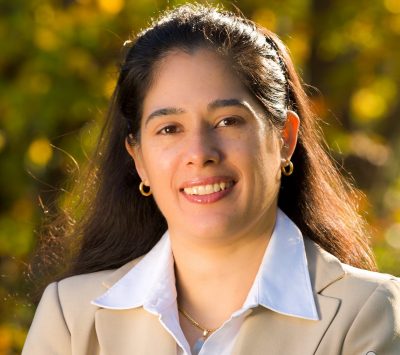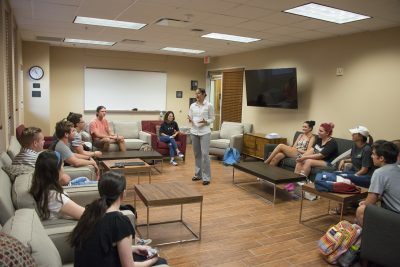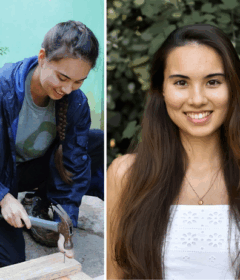Dreaming Big for Next Gen in Family Business


A native of Colombia, where an estimated 90 percent of businesses are family owned or operated, Isabel Botero, Ph.D., has witnessed the inner workings of family enterprise up close and personally.
Her grandfather created a production metal engineering firm that her uncle later inherited. The uncle didn’t want his daughters to be part of the business, and a cousin unsuccessfully tried to get involved. Family dynamics got in the way.
Several other uncles and aunts have started other businesses, which are being handed down. More uncles joined together to build a civil engineering company, but none of their children have wanted to work there.
“It’s really interesting,” she says, “to see all those dynamics.”
In turn, Botero has made “family enterprise” her life’s work and now is executing business plans of her own.
Botero is director of the Stetson University Family Enterprise Center, which was established in 1998. This fall, while continuing to align the center with the academic mission of teaching prospective family-business owners, managers and advisors within the School of Business Administration, Botero is working to ensure substantial growth through increased outreach beyond the classroom.
“I like to dream big,” says Botero, who also is an assistant professor of family enterprise and entrepreneurship.
Specifically, the center serves as a catalyst to help members of family enterprises – especially next generation and their advisors – understand, manage, protect and expand their resources.
“We educate next-generation members and all the people who are around the next generation,” she says, noting the target age range is 18 to 35 or, as she describes, “the moment where you’re deciding whether or not you want to enter the business.”
Notably, while other universities worldwide offer general family-business education, Stetson uniquely caters to “next gen,” with the goal of achieving global recognition of excellence, she adds.

By the numbers, that group is significant, and the need for help is great. Roughly 80 percent of U.S. companies are family owned, managed or controlled. Less than 30 percent, however, make it to the second generation, and only 12 percent survive to see a third generation.
To meet that challenge, the center is focused on continuing education, outreach and research.
An educational seminar, for example, is planned for next spring in Atlanta, held in conjunction with Kennesaw State University. Stetson will host the seminar the following year. Other training will be conducted on campus throughout the year.
Outreach comes in the form of engaging family enterprises – near and far – in non-academic environments to discuss the opportunities and obstacles that next generation family owners/managers face.
Regarding research, students and faculty will participate in initiatives such as the Successful Transgenerational Entrepreneurship Practices (STEP) project. STEP encompasses globally applied exploration of the entrepreneurial process within family businesses, with founding institutions located in Europe and at Babson College in Massachusetts.
Research is Botero’s personal favorite topic. “I invest a lot of time on my research, so I want to do something that can be used and can have an impact on people. I see it as a great opportunity,” she says, pointing out that much of her research addresses the recruitment of professionals into family enterprises.
Botero also is doing some recruiting of her own. Principal funding is provided by the Lane Family Enterprise Center Endowed Fund, established in 2008 by Fred A. and Patricia Snowden Lane. Botero is seeking additional dollars from other sources.
Finding collaborative partners is another priority. While Latin America is an obvious target, Botero has been a visiting scholar in the College of Business and Social Science at Aarhus University in Denmark. Similarly, fellow professor Ram Subramanian, Ph.D., has taught in the Netherlands at Windesheim University of Applied Sciences, among other places abroad. Last May, Botero also spoke there.
She welcomes all comers, commenting: “We see a lot of connections that can grow in multiple ways.”
Mostly, Botero is hoping the center can make a difference.
“Family business owners are very passionate people,” she says. “They are like sponges. They always ask questions like, ‘I have this challenge and how can I deal with this challenge.’ I love that. … Why not help?”
To learn more about the Family Enterprise Center at Stetson University, go online or contact Botero.
-Michael Candelaria



